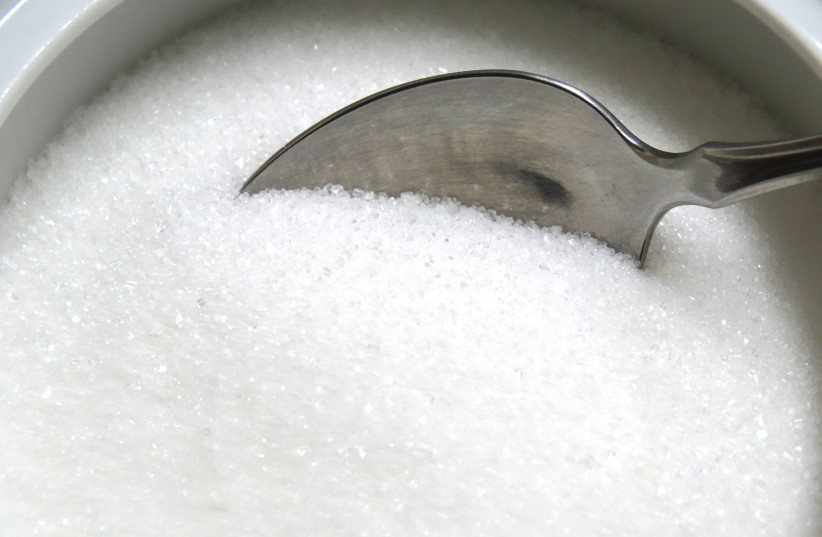Carbohydrates are an important component in all of our daily diets and it's almost impossible to imagine life without them. They are divided into two groups: Complex carbs – found in bread, legumes and potatoes – and simple carbs – such as sugar, sweets, cookies, fruit juices and more. But a new study recently published in the journal BMC MEDICINE showed some alarming results: Consumption of a simple carb-rich diet raises one's risk of developing strokes and heart attacks.
The nine-year study covered 110,000 people age 37-73. The result showed that a 5% increase in daily energy coming from sugar increases one's risk of heart disease by 6% and the risk of stroke by 10%.
The highest risk increase was found in people who ate more than 95 grams of sugar, meaning people whose sugar intake accounted for more than 18% of total calories consumed per day. On the other hand, daily consumption of 5 grams of dietary fiber reduced one's risk of heart disease by 4%.
"No more than 10% of total calories consumed per day"
Prof. Naim Shahade, northern district director of diabetes and obesity at Maccabi Health Services and president of the Israeli Diabetes Association, said regarding the study's results that "The overarching recommendation is to reduce the consumption of sugars as much as possible and they shouldn't exceed 10% of total calories eaten per day, at while also increasing dietary fiber. These dietary changes, which are in everyone's reach, will reduce the risk of developing heart disease and stroke."
"It has been known for years based on many previous studies that a sharp increase in sugar after a meal increases the risk of cardiovascular diseases - added sugars are what cause the sharp increase... and this is because of their rapid absorption in the digestive system."
Smadar Primor
"It has been known for years based on many previous studies that a sharp increase in sugar after a meal increases the risk of cardiovascular diseases - added sugars are what cause the sharp increase... and this is because of their rapid absorption in the digestive system," added Maccabi clinical dietitian Smadar Primor.

She added that table sugar, or monosaccharide, is the only sugar the body absorbs from the digestive system into the bloodstream to get to the cells.
"The foods we eat contain carbs, which are a variety of sugars: Monosaccharides, disaccharides and polysaccharides. All the different varieties of sugars are broken down in the digestive system into monosaccharides," she explained. "Imagine a train with many carriages that need to be separated. It takes time. The absorption rate of the various sugars into the bloodstream is different and hence the difference in the effect of the sugars in the body.
The faster the sugar enters the bloodstream, the greater the impact on different health issues. We want the carbs from food to be complex and go through a slow decomposition process and thus reducing the harmful effect on health. Names for simple sugars used by the food industry include glucose, glucose syrup and corn syrup. They can be found in snacks, sugary drinks and more."
In this context, it's important to note that fruit juice is also a type of added sugar, but if you eat the whole fruit, your blood sugar increases at a slower rate because the fruit also has fiber. Because of this, it is healthier to eat whole fruit rather than drink juice.
